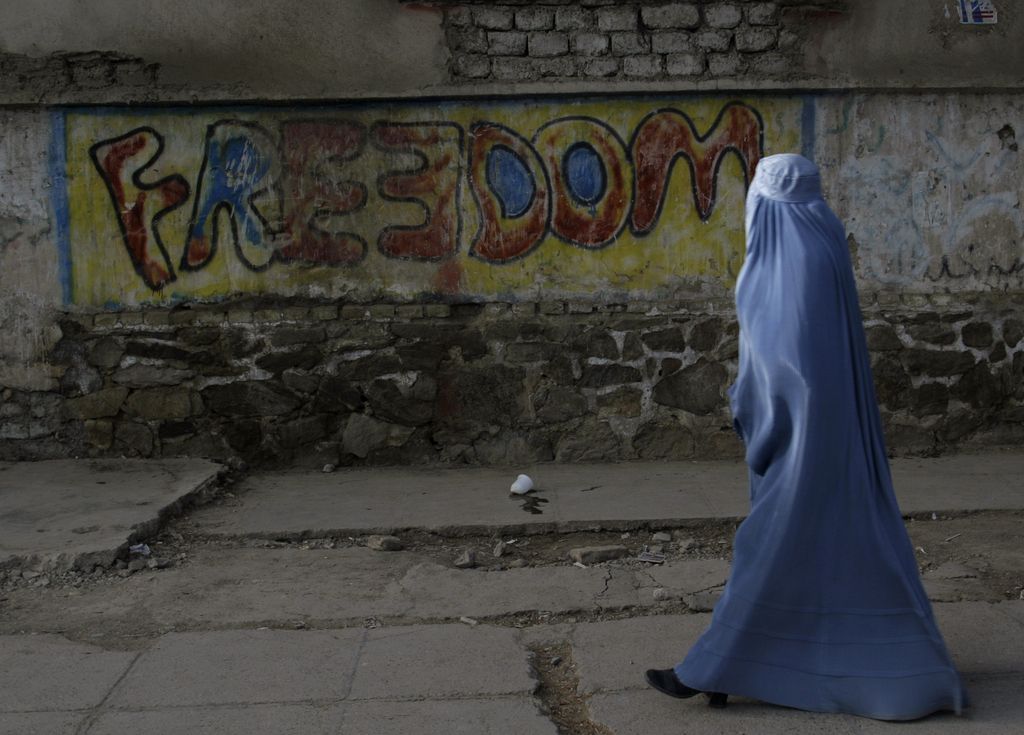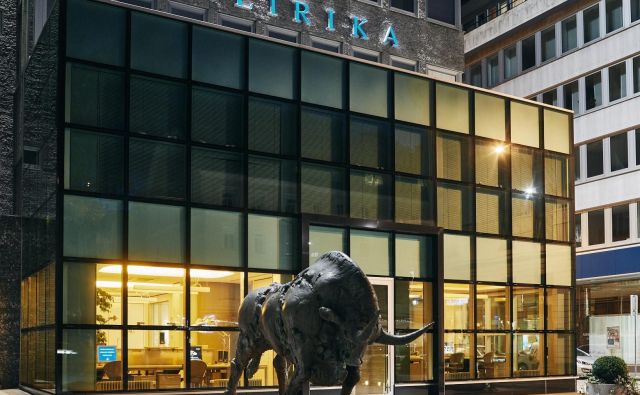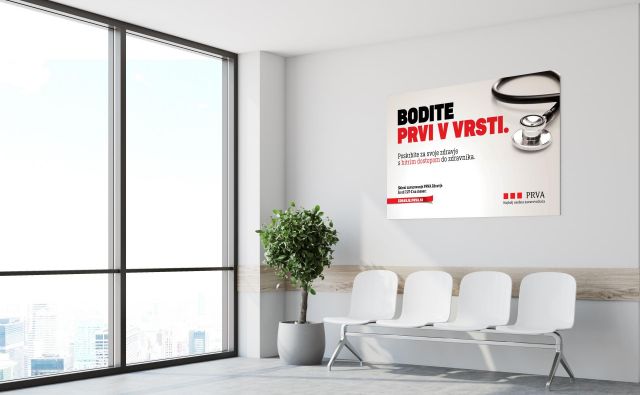FRANKFURT - "It is not easy to find the right man, who would understand my cultural background," she said, echoing a sentiment I often hear from educated Muslim female friends. Fayza, who preferred to be identified only by her first name, pinpointed 2001 as the year when she star ted to find answers in, and about , her religion.
"That year I had to deal first with my divorce and then with the attacks in the U.S.," she said." And I asked myself: How was it possible for my ex-husband and those attackers to find justification for what they have done?"
Ten years after the September 11 attacks, Muslims know that their religion will be debated extensively. Is Islam violent? Why can't Muslims just integrate in Western society? Is there a clash of cultures?
One question will surely arise again and again: What are the rights of women in Islam?
Fayza's experience hints at the quandary in the Muslim world, in which some men pick from the religion whatever helps to justify their actions. For 11 years, Fayza was the wife of a cousin, an arranged marriage, nothing unusual in Pakistan. Her husband considered himself a practicing Muslim.
He did not allow her to work, and in the end turned out to have cheated on her from the start. "He was treating me like his slave, and the other women with more respect ," she said. When she complained, he said she was his, and that the Muslim religion gave him every right to behave so.
"I told him, the Koran does not support what you do," she said, and recited a verse saying "'be you male or female - you are equal to one another.' "
In August 2001, her father helped her get out of the marriage. "Then the attacks of 9/11 happened," Fayza said. "At first I did not think that would affect my life, but it eventually did."
A new marriage in Pakistan seemed out of the question, but living divorced in Pakistan was not easy, either. I asked Fayza what her ex-husband's mother, aunts and sisters said to him when they found out about the cheating. She smiled faintly: "Nothing."
As Pakistan became less stable, Fayza's parents encouraged her to leave. She went to Britain and then Germany, where she teaches.
Conflict in the Swat Valley and Waziristan region of Pakistan has displaced thousands of people, and reports of attacks are basically daily fare in the country.
Troublingly, women have started to take an active part in the conflict as suicide bombers. Officials in Western and Arab intelligence services also predict that women will take more impor tant roles in militant organizations, particularly those groups weakened by a decade of war against United States and NATO forces. Women, these officials said, do not get as much attention as men, and thus less scrutiny as potential bombers. In the West, both Fayza and I noticed, we are often hauled through special airpor t security procedures.
Guido Steinberg, a terrorism analyst for the German Institute for International and Security Affairs, attributed the special checks to Western intelligence observations that women were more involved in jihadist movements; for instance, traveling to Pakistan or Afghanistan with their husbands.
Fayza said she feared not only female radicalization, but also what she saw as the rise of rightist politics and anti-Muslim sentiment in the West. Fanning her fears are the success of rightist populists like Gert Wilders in the Netherlands, who envisages a tax on women who wear a head scarf; politicians trying to block immigration in oncewelcoming Sweden or Germany; and Thilo Sarrazin, the German banker who wrote a bestsel ler with controversial theories about inherited rather than nurtured intelligence.
Such sentiments augur especially poorly for Muslim women in 2011, said Sevgi Meddur-Gleissner, 49, a psychoanalyst of Turkish background who has lived in Germany for 30 years. "It will be the women who will be affected the most," she said. "They are the ones who such populists use for all negative projections, and for attacking Islam; for example, when they debate the head scarf or burqa."
Many Muslim women have concluded that almost the only way to break this cycle is constructive conversation inside and outside the Muslim community. "I had to realize," Fayza said, "that actually it is us, Muslim women, who should have more influence inside our
families but also in the society."
Two days ago, Fayza sent me a poem: "Happiness keeps you sweet, trial keeps you strong, sorrow keeps you humble, success keeps you glowing but only God keeps you going."
Breaking Free of Islam’s Stereotypes*
For Muslim women, 2011 awakens hopes but also fears. En route to Germany from Abu Dhabi on December 31, I chatted with Fayza, a Pakistani woman, 42, divorced in 2001 and long since a resident of Europe.
Objavljeno
07. februar 2011 22.14
 Tiskane izdaje
Tiskane izdaje























